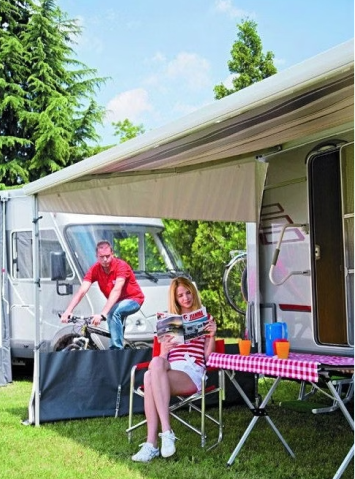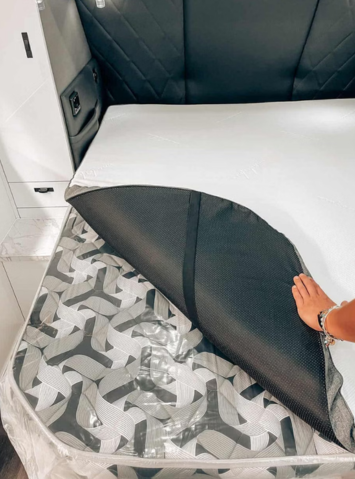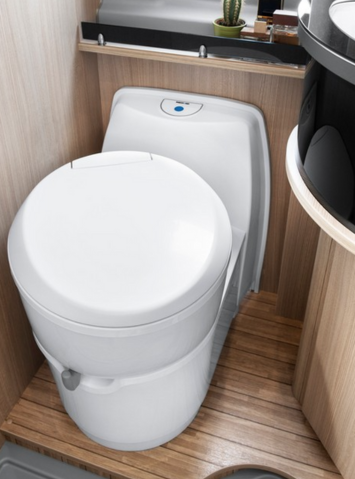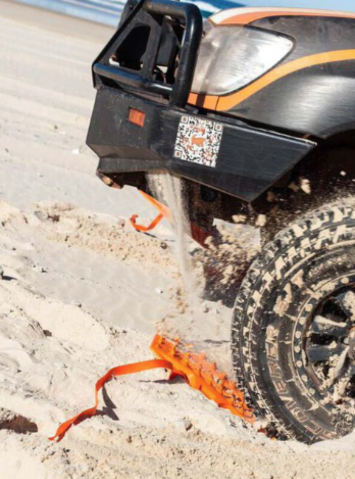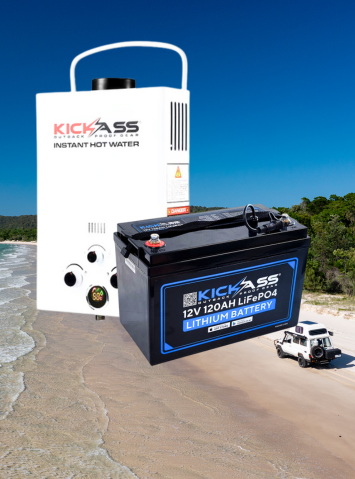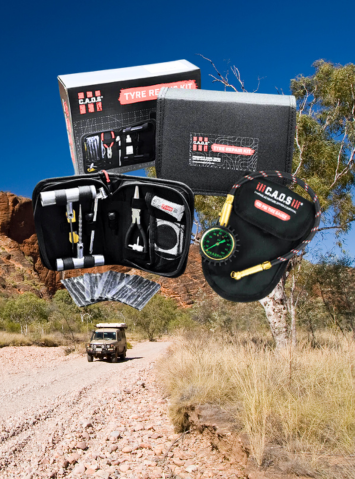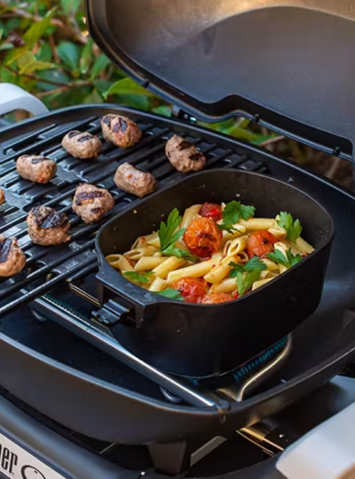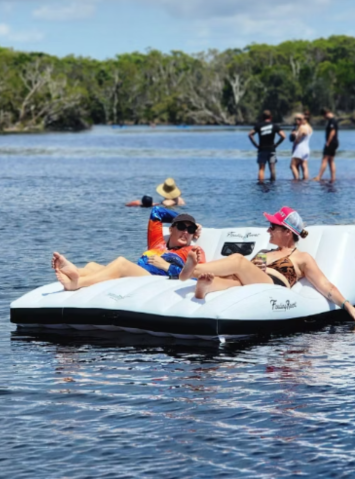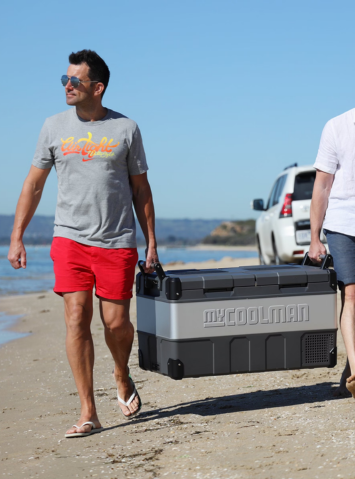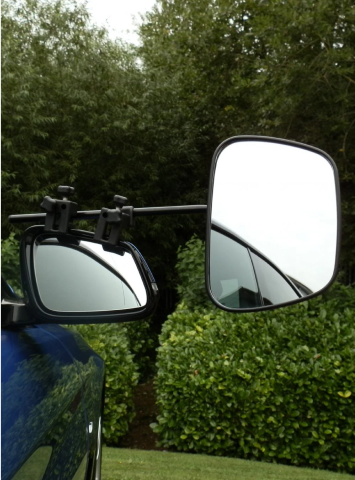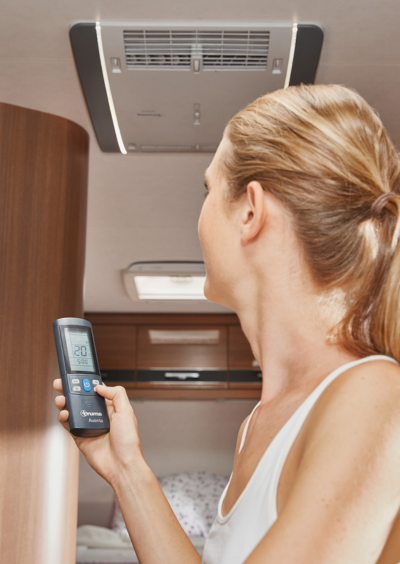Best Off-Road Radios for Your 4x4, Caravan or Camper
18th Apr 2023
Are you preparing your 4x4, caravan or camper for an exhilarating off-road adventure? If so, your security and enjoyment must have a solid communication system. Off-road radios provide a dependable way of contact in locations where mobile phone coverage is spotty or non-existent. Choosing the best off-road radio for your needs might be overwhelming though, because so many options are available.
In this article, we'll go through the various off-road radio models, their features, and things to remember when purchasing one for your 4x4, caravan or camper. With this knowledge, you can decide wisely and maintain contact during your next off-road excursion.
If you enjoy off-roading, you know how important communication is when exploring distant locations. The last thing you want is to get lost in the wilderness without access to dependable communication. Off-road radios can help with that. These enable you to communicate with other tourists, follow weather reports, and request assistance in an emergency.
But how do you pick the best off-road radio for your 4x4, caravan or camper when there are many options? In this article, we'll examine the features to look for in an off-road radio in more detail.

Features to Look for In Finding the Best Off-Road Radios for Your 4x4, Caravan or Camper
Range: How far you can transmit with other radios will depend on the range of your off-road radio. You need a radio with a longer range if you're travelling to far-off places. Topography, weather, and impediments like hills or trees might impact the range. Search for radios having a minimum range of 5 kilometres.
Channels: Off-road radios frequently include numerous channels that let you talk to other radios using the same frequency. Ensure that the radio you select has sufficient channels for your requirements. Also, some radios have privacy codes that stop people from overhearing your discussions.
Weather Warnings: When you're off-roading, the weather can change quickly, so it's crucial to be aware of any potentially dangerous weather in the region. Consider purchasing an off-road radio with NOAA weather alerts, which will notify you of any severe weather warnings in your area.
Durability: Your radio is not exempt from the wear and tear that off-roading may have on equipment. Look for a radio that handles harsh environments like shock, water, and dust. Certain radios are certified for military use, indicating their extreme dependability and durability.
Energy Source: Choosing a radio with long battery life is crucial because off-road radios often run on batteries. For added convenience, some radios also feature the ability to run on rechargeable batteries or be charged by USB if you're travelling for a while.

Extra features to consider
Bluetooth Connectivity: Some off-road radios have Bluetooth built-in, so you can pair your smartphone with them to stream music or make hands-free calls while driving.
GPS Navigation: Tracking your location and making plans for routes across difficult terrain is possible with a GPS navigation system, a helpful feature for off-roading. Off-road radios can either be GPS-equipped internally or be compatible with external GPS devices.
Emergency Channels: In an accident or other emergency, you can contact emergency services using the emergency channels on many off-road radios. These channels, which authorities frequently watch, can save lives in dire circumstances.
Bureau of Meteorology (BoM) Weather Warnings and Alerts: This executive agency lets you know when severe weather warnings are in your area. While traversing inhospitable or uncertain terrain, this expertise and service can be extremely helpful.
Hands-Free Microphone: A hands-free microphone might be a valuable feature when driving off-road. You may converse with your passengers without removing your hands from the wheel or your eyes off the road.
Dual Watch/Scanning: By enabling you to monitor various channels, dual watch or scanning functions simultaneously make it simpler to stay in touch with other off-roaders in your group.
Noise Reduction: It can be challenging to hear incoming messages when off-roading due to engine noise and other background noises. Seek a radio with noise-cancelling features to reduce background noise and enhance sound.

Installation & Maintenance
Installation and maintenance are essential when buying an off-road radio for your 4x4, caravan or camper. Maintenance might result in expensive repairs or replacements, while proper installation can produce subpar performance. To remember, have the following in mind:
Installation: Carefully read the manufacturer's instructions before installing your off-road radio. To make sure the installation is done properly, carefully follow the instructions. If you need more clarification on your ability to install the radio, think about talking to an expert or watching a video tutorial on youtube.
Mounting: Secure your off-road radio in a place that is simple to reach and does not obstruct the driver's field of vision. The dashboard is a typical place to put it, but other options include the roof, roll cage, and center console.
Power Supply: The 12-volt battery in a car can power the majority of radios. However, certain radios need a different power supply. Ensure that your chosen power source is sufficient for your radio's needs.
Antenna: A crucial part of your off-road radio system is the antenna. It makes it possible for the radio to receive and send signals successfully. Choose an antenna that works with your radio and is appropriate for off-road use.
Maintenance: Routine maintenance is necessary to keep your off-road radio operating at its best. Make sure you adhere to the suggested maintenance schedule provided by the manufacturer. Check the radio, antenna, and wiring frequently for deterioration or damage. Regularly clean the antenna and radio, especially if you've been off-roading over muddy or dusty terrain.

Tips for Using Off-Road Radios in the Wilderness
Know Where You Are: Knowing where you are is crucial before utilising your off-road radio. If you become lost, have a map or GPS navigation system handy. Also, you should inform someone of your destination and expected return time.
Verify the Weather: Before embarking on your off-road trip, check the weather forecast. This will enable you to be ready for any severe weather that can affect the transmission of your radio.
Choose the Appropriate Channel: While communicating, selecting the proper channel is critical. Off-road radios frequently include numerous channels, each with a specific function. For instance, certain channels are utilised for general talk, while others are for emergency communication.
Keep Your Radio Charged: Ensure your off-road radio is completely charged before leaving. You may also consider packing extra batteries or a charging device.
Employ the Proper Antenna: Your off-road radio antenna is crucial for signal reception and transmission. Choose an appropriate antenna for the terrain you will be travelling in. A longer antenna might be preferable for open locations, while a shorter one might be preferable for wooded areas.
Employ a Headset: A headset can improve your ability to hear in noisy surroundings when using your off-road radio. Also, it can lessen the background noise that other people hear when you're speaking.

To Wrap It Up
In conclusion, everyone who enjoys travelling off-the-beaten-path in a 4x4, caravan or camper must own an off-road radio. The correct radio can keep you in communication with your group, enable emergency communication, and add a degree of protection to your adventure. Range, durability, usability, and optional features like weather alerts and GPS should all be considered when selecting an off-road radio.
Also, it's crucial to properly install and maintain your radio to guarantee it performs well when you need it. To ensure a safe and pleasurable off-road experience, always keep in mind to adhere to the laws and guidelines for radio usage in the wilderness.
